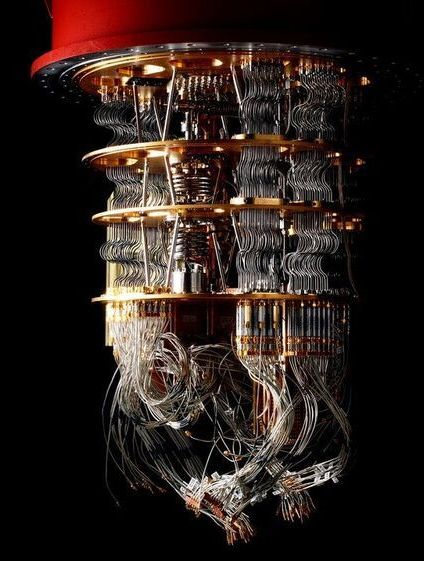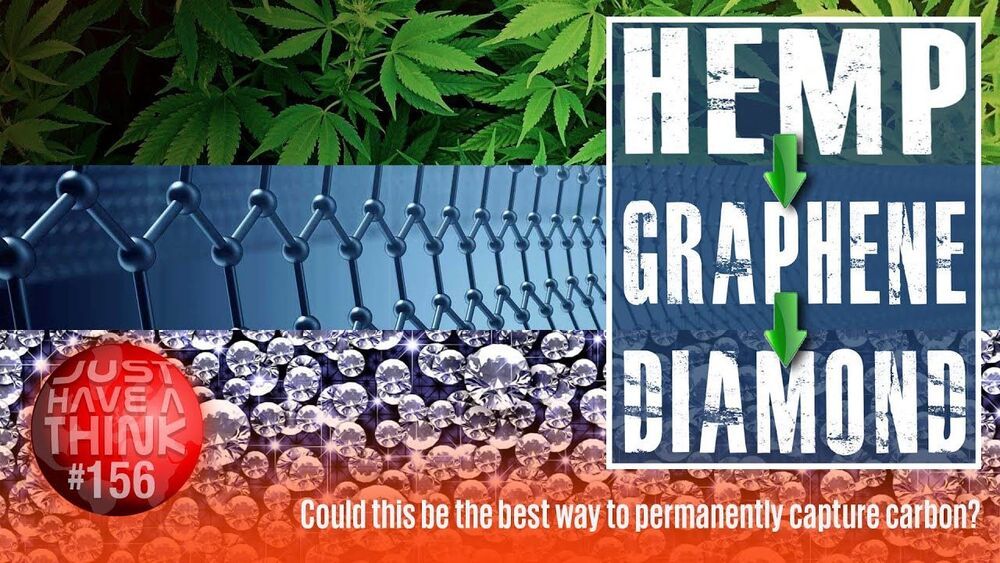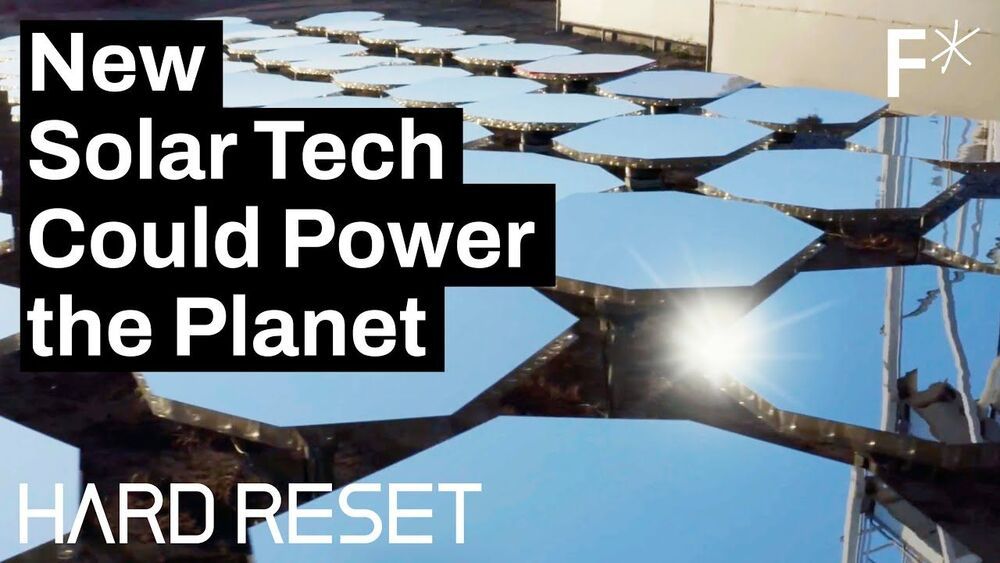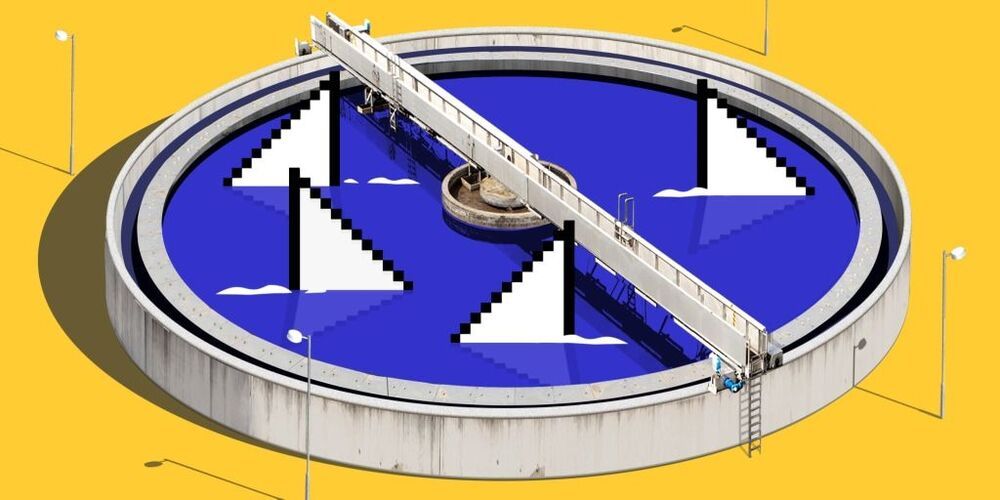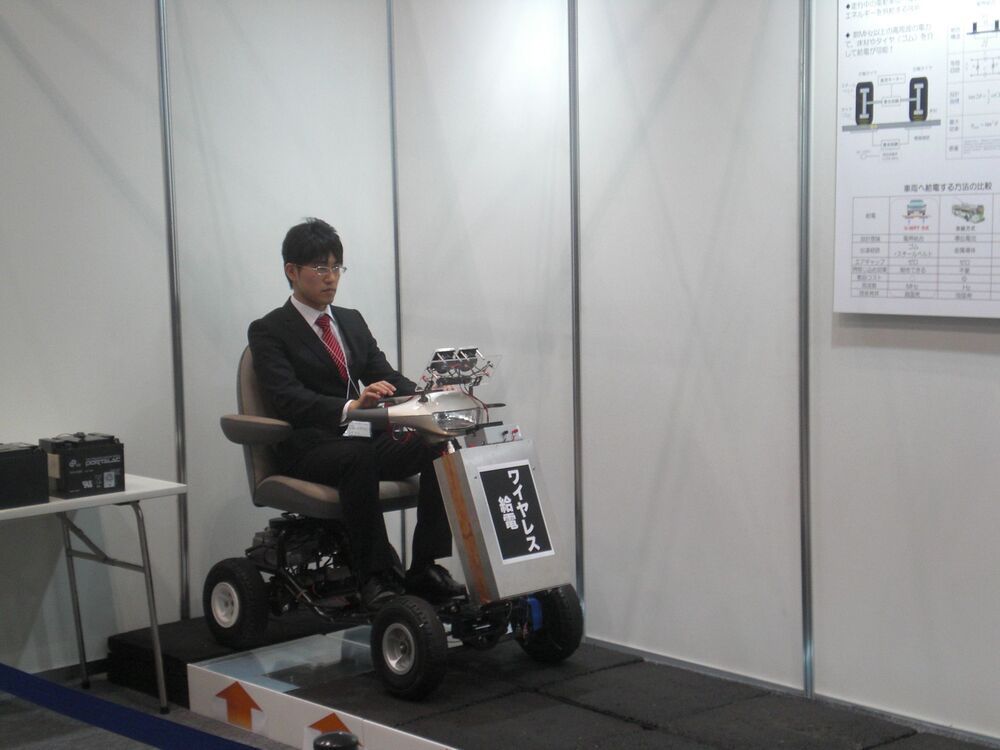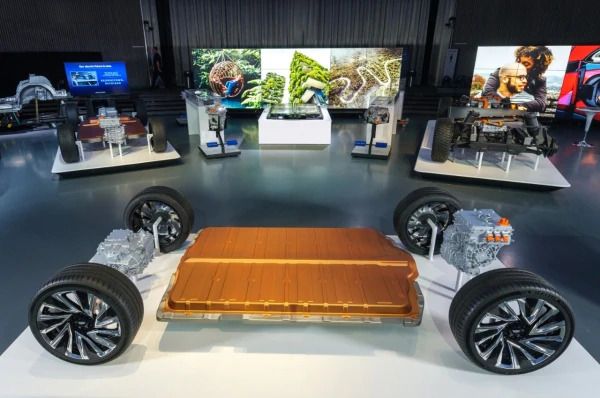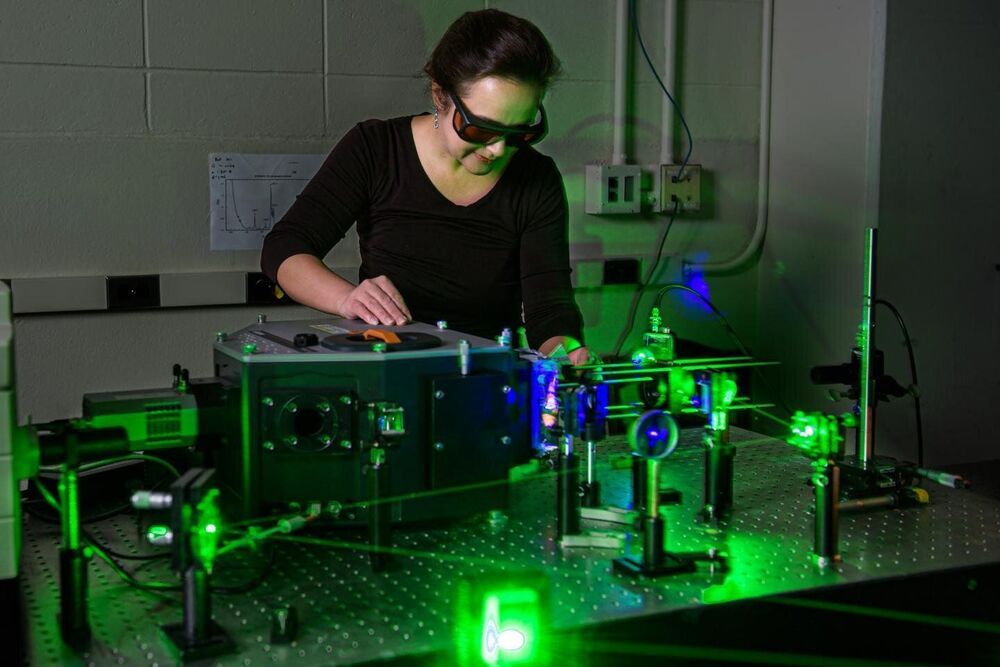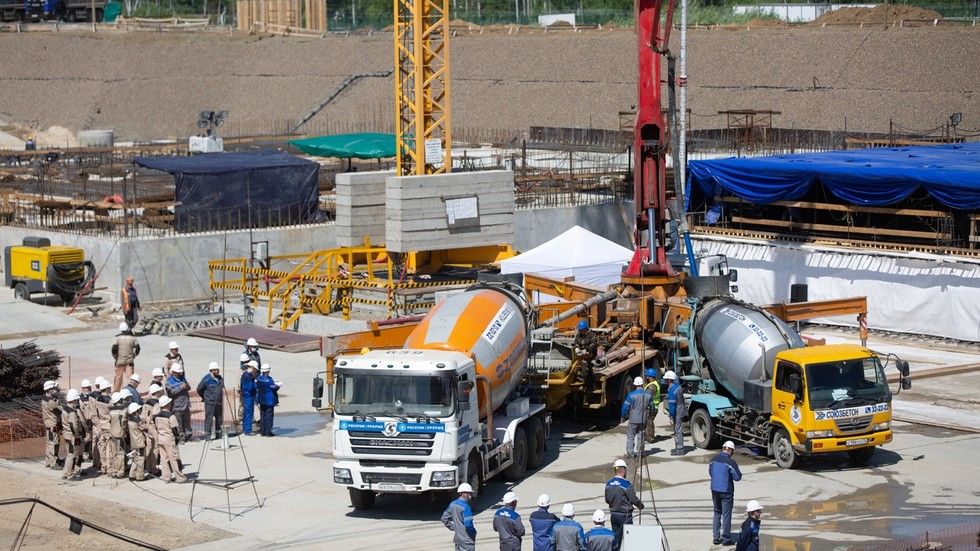Jun 20, 2021
Quantum computers are already detangling natures mysteries
Posted by Dan Kummer in categories: biological, chemistry, climatology, computing, information science, nuclear energy, particle physics, quantum physics, sustainability
As the number of qubits in early quantum computers increases, their creators are opening up access via the cloud. IBM has its IBM Q network, for instance, while Microsoft has integrated quantum devices into its Azure cloud-computing platform. By combining these platforms with quantum-inspired optimisation algorithms and variable quantum algorithms, researchers could start to see some early benefits of quantum computing in the fields of chemistry and biology within the next few years. In time, Google’s Sergio Boixo hopes that quantum computers will be able to tackle some of the existential crises facing our planet. “Climate change is an energy problem – energy is a physical, chemical process,” he says.
“Maybe if we build the tools that allow the simulations to be done, we can construct a new industrial revolution that will hopefully be a more efficient use of energy.” But eventually, the area where quantum computers might have the biggest impact is in quantum physics itself.
The Large Hadron Collider, the world’s largest particle accelerator, collects about 300 gigabytes of data a second as it smashes protons together to try and unlock the fundamental secrets of the universe. To analyse it requires huge amounts of computing power – right now it’s split across 170 data centres in 42 countries. Some scientists at CERN – the European Organisation for Nuclear Research – hope quantum computers could help speed up the analysis of data by enabling them to run more accurate simulations before conducting real-world tests. They’re starting to develop algorithms and models that will help them harness the power of quantum computers when the devices get good enough to help.
